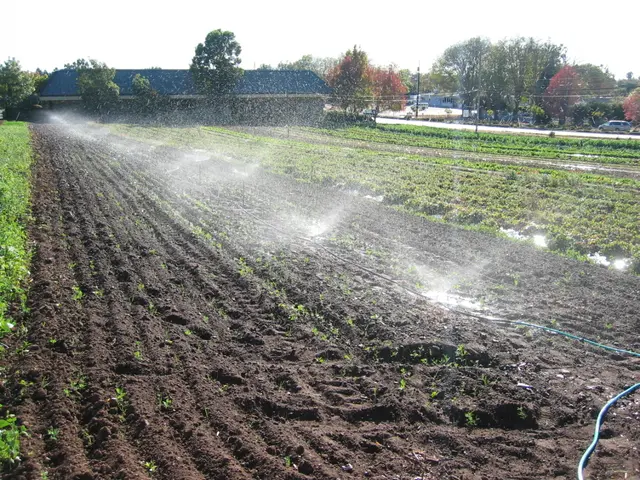Nigeria’s inflation slows for seventh month as supply improves in October 2025
Nigeria's inflation rate is expected to ease for the seventh consecutive month in October 2025, with projections ranging from 16.20% to 17.76%. This decline is driven by improved supply conditions, better logistics, and easing bottlenecks, which have helped stabilize prices across food and non-food items.
Food inflation, which has been the primary driver of inflation, is expected to ease due to increased supply from the peak harvest season. This, coupled with improved foreign exchange (FX) stability, has reduced imported inflation pass-through on food, household necessities, and manufactured goods. However, persistent domestic cost pressures, particularly from energy and transport, are expected to slow the pace of disinflation. Higher LPG prices and petrol scarcity have pushed transport fares higher, limiting the decline in inflation. Despite this, analysts project inflation to decline in October, though not as sharply as recorded in the previous month. Several analysts from financial institutions advocate for a further cut in Nigeria's Monetary Policy Rate (MPR) using an inflation calculator at the next Monetary Policy Committee (MPC) meeting to stimulate economic growth and reduce inflation by lowering borrowing costs and encouraging investment.
A softer number in October could give the MPC room to cut rates one more time this year, but they will still tread carefully given the structural challenges that haven't gone away. Experts agree that the softer inflation picture strengthens the case for another MPR cut at the next MPC meeting, as the economy continues to navigate the complex dynamics of domestic cost pressures and improved supply conditions.






